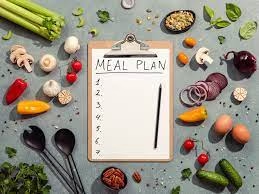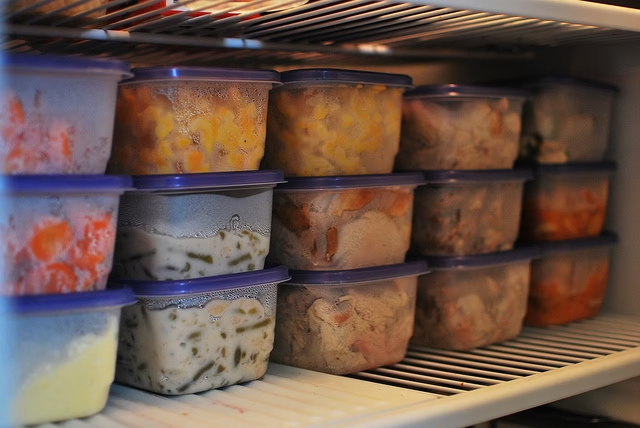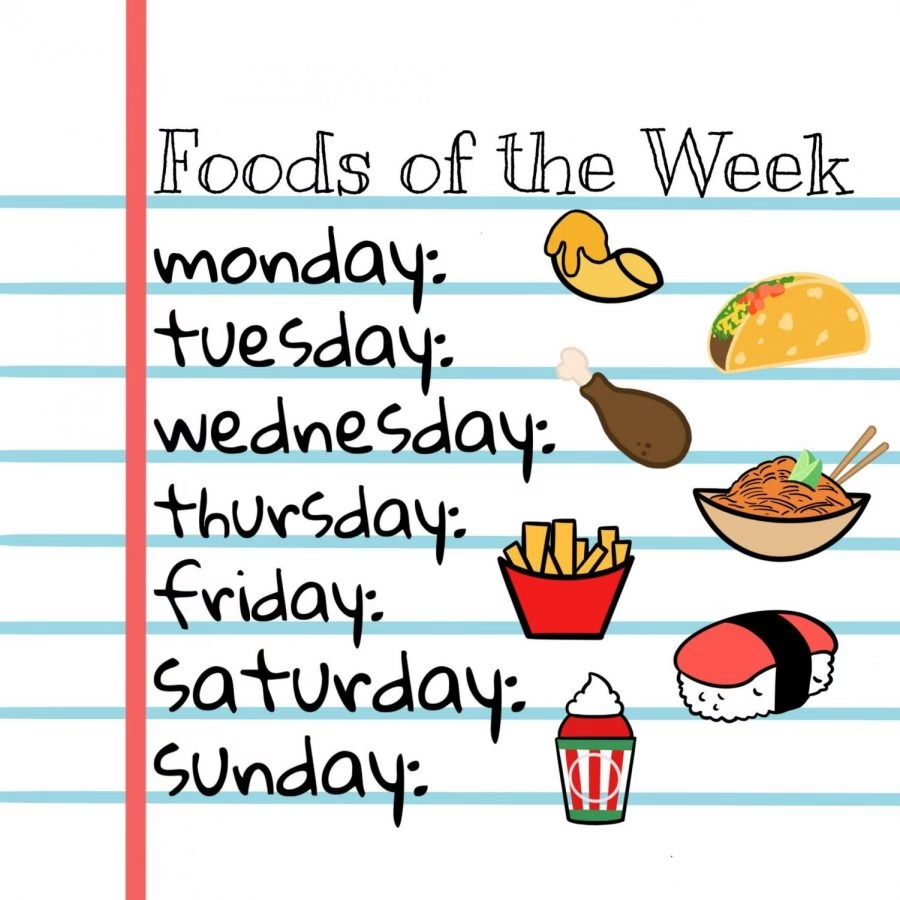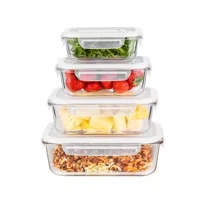Eating healthy and tasty meals doesn’t have to mean spending a fortune. With the right strategies, meal planning on a budget can be easy, practical, and even fun! Whether you're a student, a working parent, or simply trying to reduce food costs, this guide is packed with budget-friendly tips to help you eat well—without the overspending.
💡 1. Plan Your Meals Weekly

Start by listing your meals for the week—breakfast, lunch, dinner, and snacks. This prevents impulse buying and reduces food waste.
Bonus: You'll know exactly what to cook every day—no last-minute stress!
🛒 2. Shop with a List (And Stick to It!)
Once your meals are planned, make a detailed shopping list based on your recipes.
Pro Tip: Don’t shop hungry—you’ll end up buying more!

🥫 3. Use What You Already Have

Before buying more, check your fridge, freezer, and pantry.
Challenge yourself to create meals using ingredients you already own.
🍛 4. Cook in Bulk
Prepare large portions of versatile foods like rice, beans, soups, or pasta. Store extra in the fridge or freezer for later.
Example: Cook a big batch of dal and use it in different ways throughout the week.

🧀 5. Embrace Budget-Friendly Ingredients

Opt for affordable staples that offer nutrition and versatility:
Frozen produce (long shelf life and less waste)
Lentils and beans
Rice and whole grains
Eggs
Seasonal fruits and vegetables
📦 6. Reduce Packaged and Takeaway Food
Processed and takeaway meals add up quickly! Try home-cooking instead—it’s cheaper and healthier.

📅 7. Try Theme Nights

Make meal planning more fun and organized:
One-Pot Friday
Meatless Monday
Taco Tuesday
Leftover Thursday
🧊 8. Store Smart, Waste Less
Learn how to store vegetables, dairy, and grains properly to extend freshness.
Tip: Freeze overripe fruits for smoothies or use stale bread for croutons.

🥣 9. Use Leftovers Creatively

Transform leftovers into new dishes:
Leftover curry → into sandwich spreads or paratha filling
Roasted veggies → into wraps or soups
Cooked rice → into fried rice or stuffed bell peppers
📉 10. Track Spending and Adjust
Set a grocery budget and track it. Review what worked and what didn’t at the end of each week and adjust your plan.

Conclusion
Meal planning doesn’t have to be complicated or expensive. With these budget-friendly meal planning tips, you can cut food costs, reduce waste, and enjoy home-cooked meals every day. Start small, stay consistent, and you’ll soon see big savings—without sacrificing flavor or nutrition!
Your wallet (and stomach) will thank you! 💸🍲
Know More About Cooking








